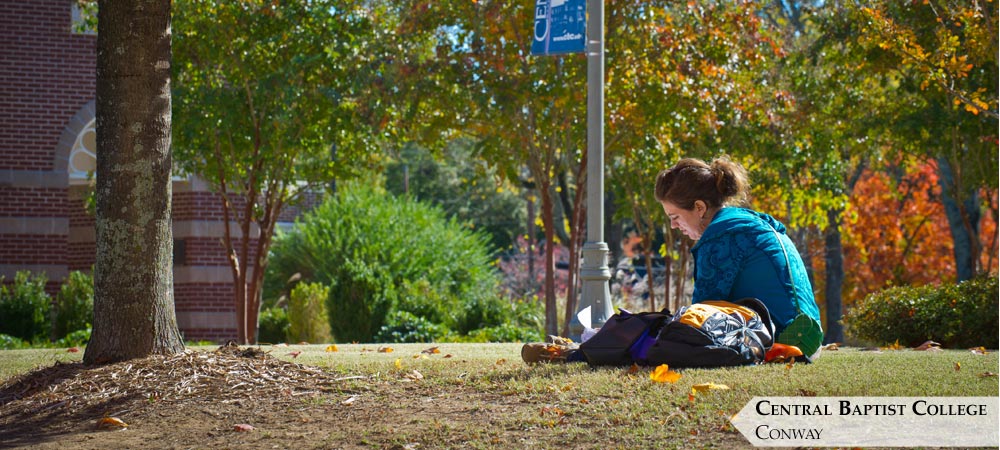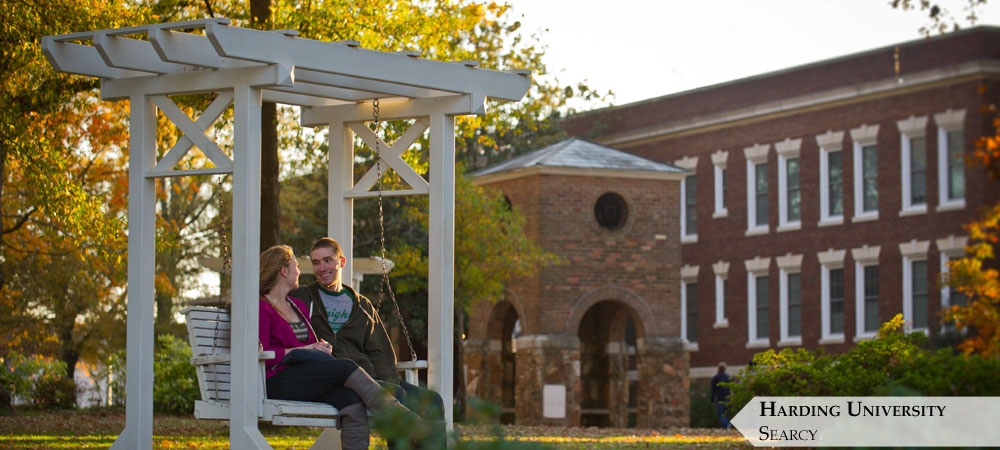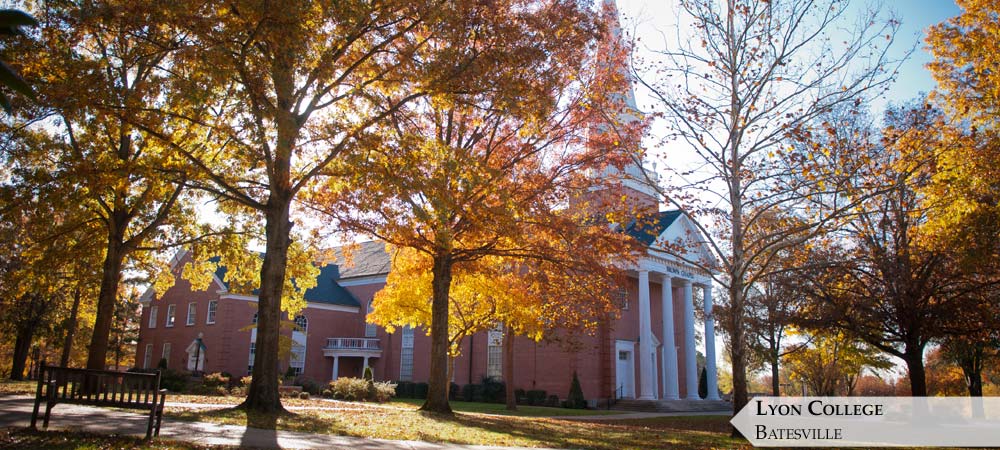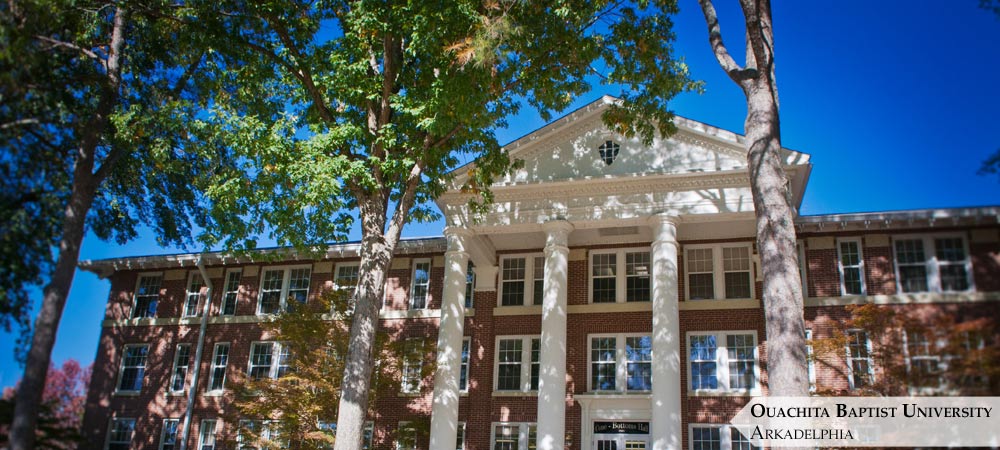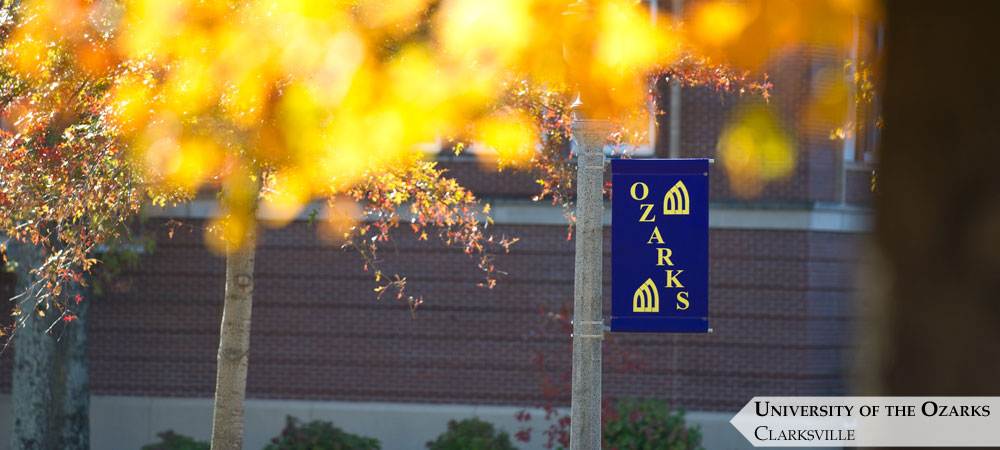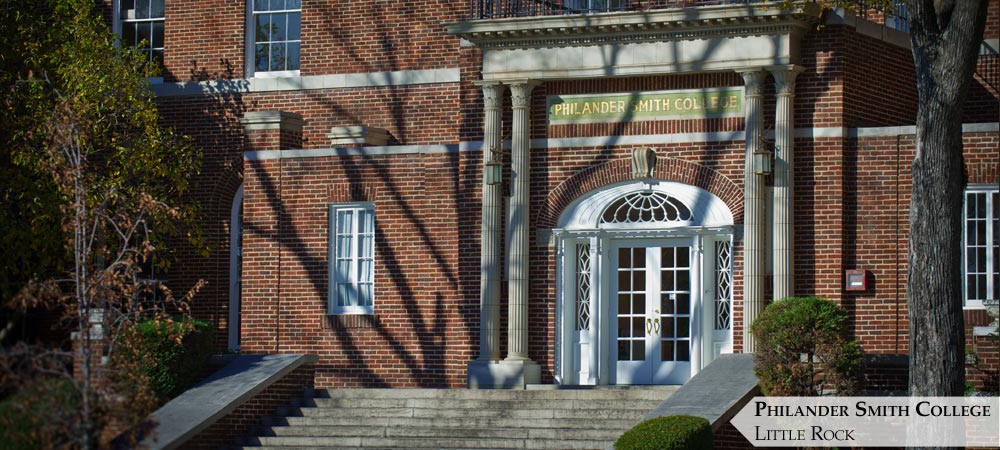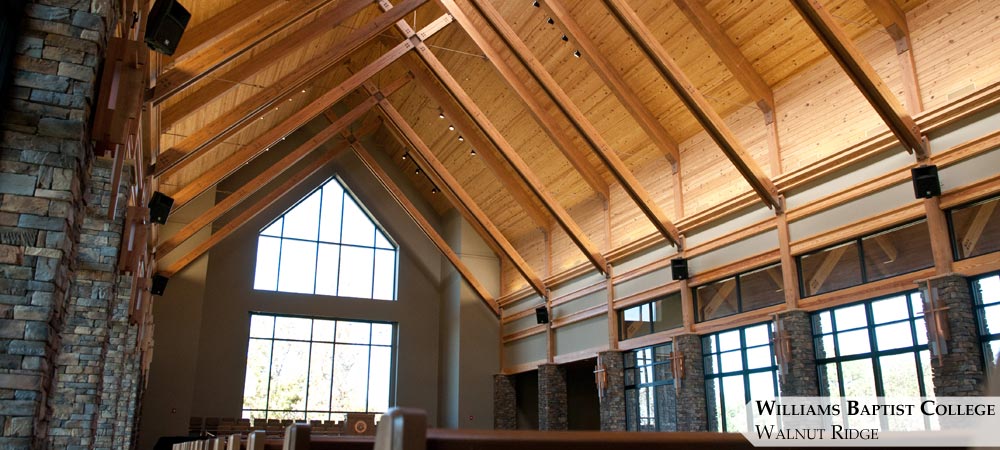Lyon students and faculty are studying local ants for a national research project.
Biology professors Dr. Allyn Dodd, Dr. Maryline Jones and Dr. Cassia Oliveira have partnered with the Cold Spring Harbor Laboratory DNA Learning Center in Cold Spring Harbor, N.Y., for a national ant DNA barcoding project.
“DNA barcoding allows researchers to identify species by DNA sequences,” Dodd said, “and can be used to identify invasive species.”
She said researchers across the country are gathering as many ant species as possible, based on a list provided by the DNA Learning Center. They will soon begin identifying their samples, extracting the DNA from the ants, amplifying it and isolating it to send back to the center for sequencing.
Oliveira had received a message about the project, and she, Jones and Dodd submitted an application. The Lyon team was one of four selected for the Ozarks region in Arkansas and Missouri. They will cover Northeast Arkansas and parts of the river valley.
“The thing I love most about this project is that it allows us faculty to collaborate and model collaborative research to our students,” Dodd said.
Junior Briar Miller and freshman Catalina Terlea had reached out to the biology department about their interest in research, and the faculty thought the ant DNA barcoding project would be a great way to get them involved.
Miller, of Cave City, has collected specimens of different ant species around his home and yard.
“Since I am a local, I became involved in this project in August to gain valuable experience,” Miller said, “and to become more involved at Lyon and in the science department despite this semester’s remote learning.”
Terlea, of Little Rock, has collected ants on the trails around Batesville and the Lyon campus. She first heard about the project in her biology course. A few upperclassmen in the Honors Fellows program with her mentioned that Dodd may need help collecting ant samples, so Terlea decided to reach out about being part of the project.
“I thought it was a very neat project because I am interested in genetics,” she said.
Miller and Terlea have also helped identify the ants that other researchers have collected and will participate in the DNA extraction of each species once the lab materials arrive.
Both students have learned a lot through the course of the research project. Miller said he had not thought about the different species of ants native to this area before and has enjoyed learning about the diversity of the species in north central Arkansas. Terlea agreed, saying she was “surprised at the range of sizes and colors” of local ants.
“When I first started collecting ant samples, it took a long time because most ants camouflage with their environment,” she said. “Over time, I learned some efficient collecting techniques, such as using an aspirator, sifter and stunning the ants.”
Miller said ants can be difficult to catch not only because of their small size but also because of their ability to communicate with each other.
“In addition, different species live in a wide range of different environments, such as trees, underneath rocks and logs, in houses and on the outside of different surfaces,” he said.
Terlea said her favorite moment was when she and Dodd hiked a trail and discovered a group of ants living among the different fungi.
“We were very excited about how the fungi and ants coexisted, and we decided to sit in the middle of the trail and collect them,” Terlea said. “I learned a lot from [Dodd] that day in the field about ants and habitats.”
She believes this experience and knowledge will help her have a better understanding of animal behavior and symbiotic relationships in future courses at Lyon.
“I am very interested in genetics, and the experience I will gain from running PCR analysis will benefit me in my future research and the courses I plan on taking.”
Miller said the project will give him the chance to learn more about DNA coding and extraction.
“That will be important in upper-level biology courses,” he said, “and will also be helpful in my career and postgraduate goals, since I am considering attending optometry or medical school after Lyon.”
Dodd said she, Jones and Oliveira enjoy how this project gets Miller and Terlea out in the field and gives them experience with insect identification as well as important laboratory techniques.
“Catalina and Briar will present the data we collect at future conferences, most of which are virtual right now,” Dodd said.
She concluded, “This will give them the opportunity to practice their presentation skills, disseminate their findings and receive feedback from other scientists.”

